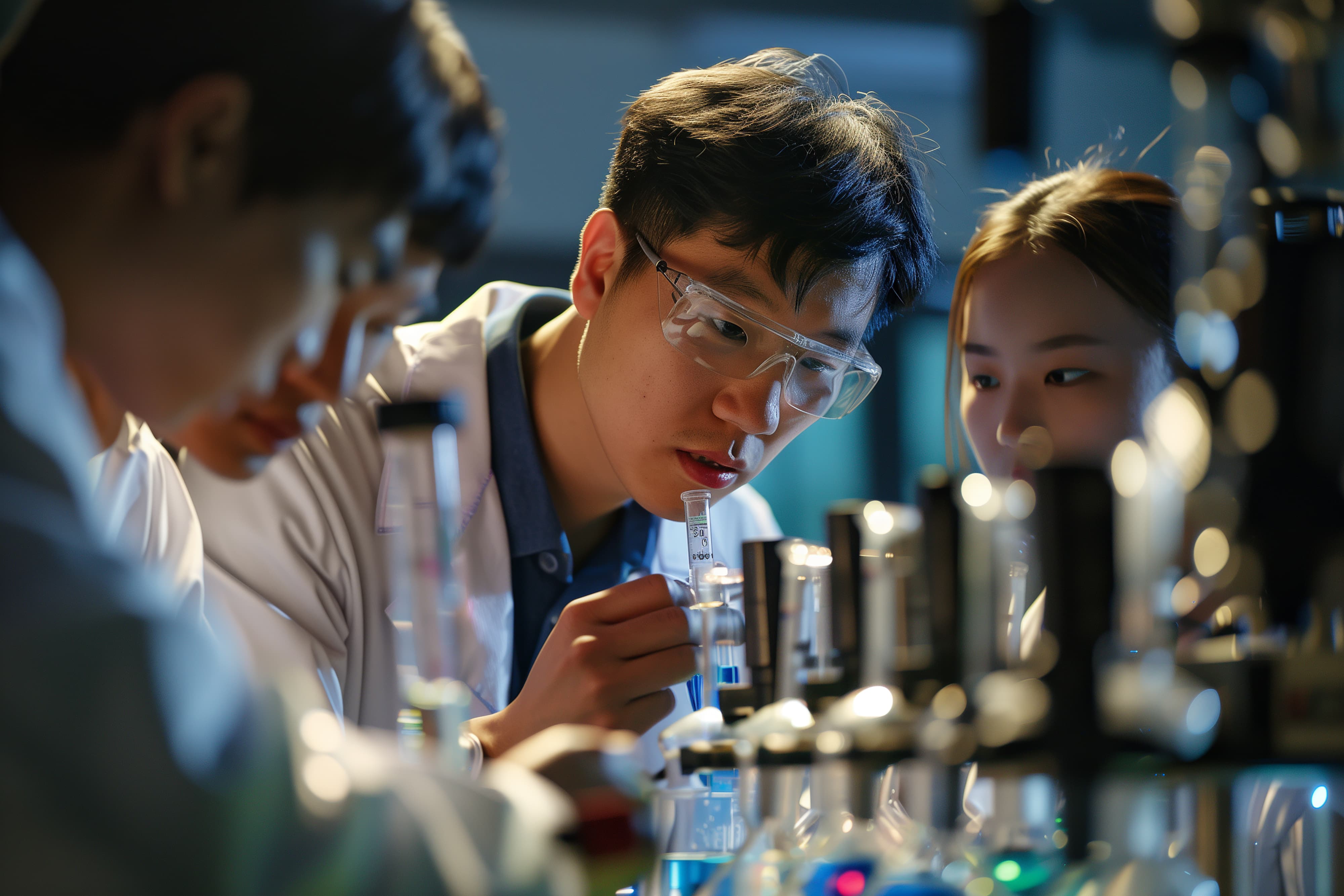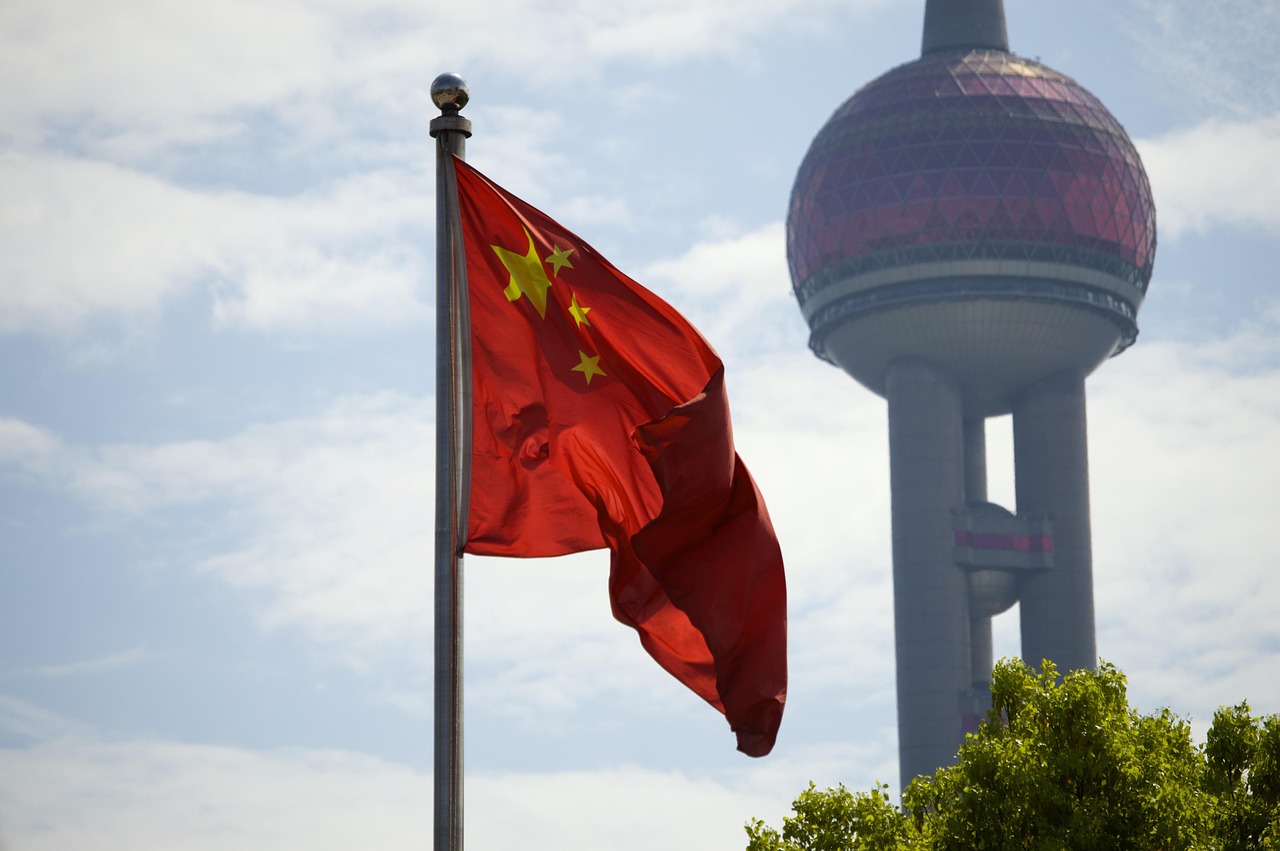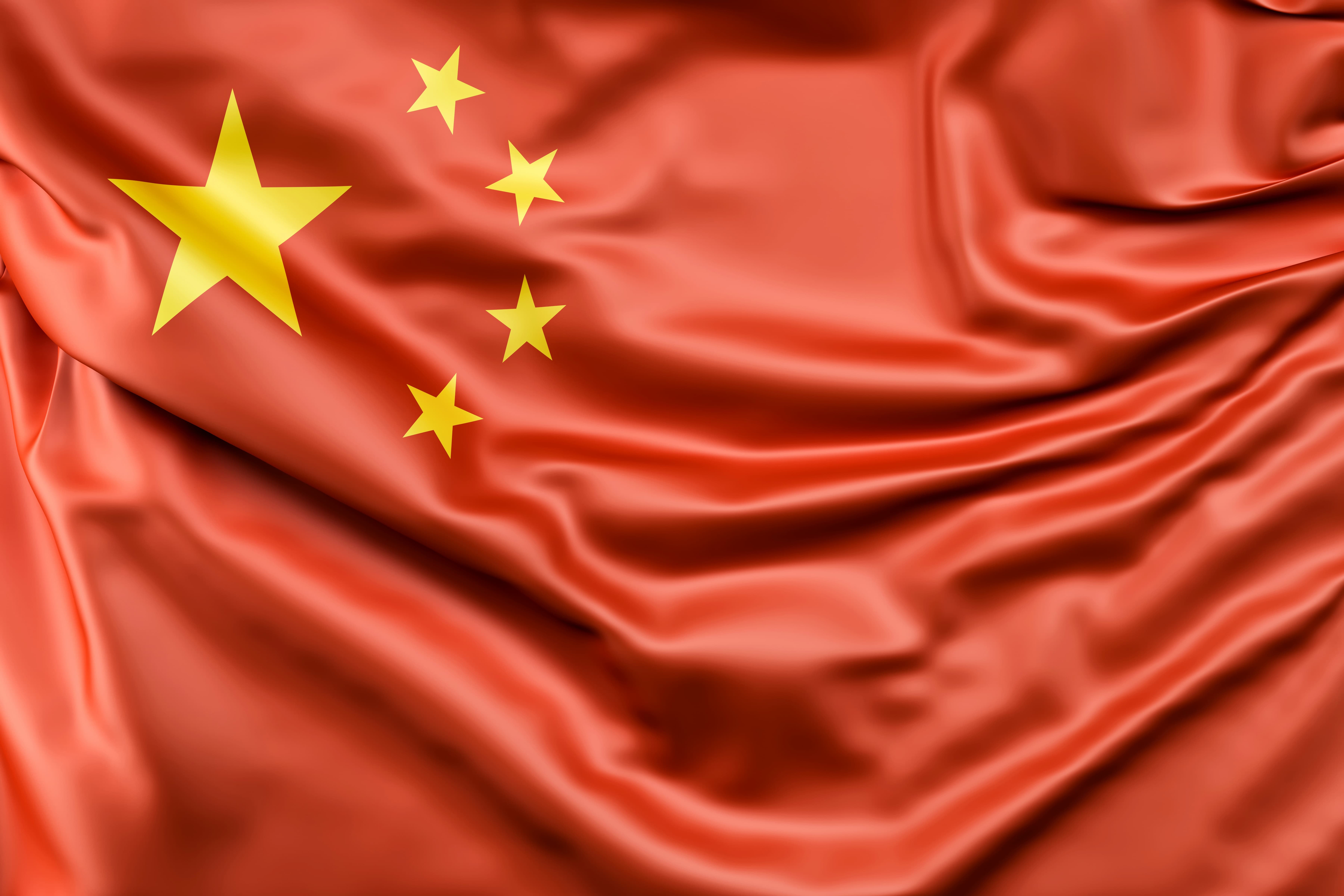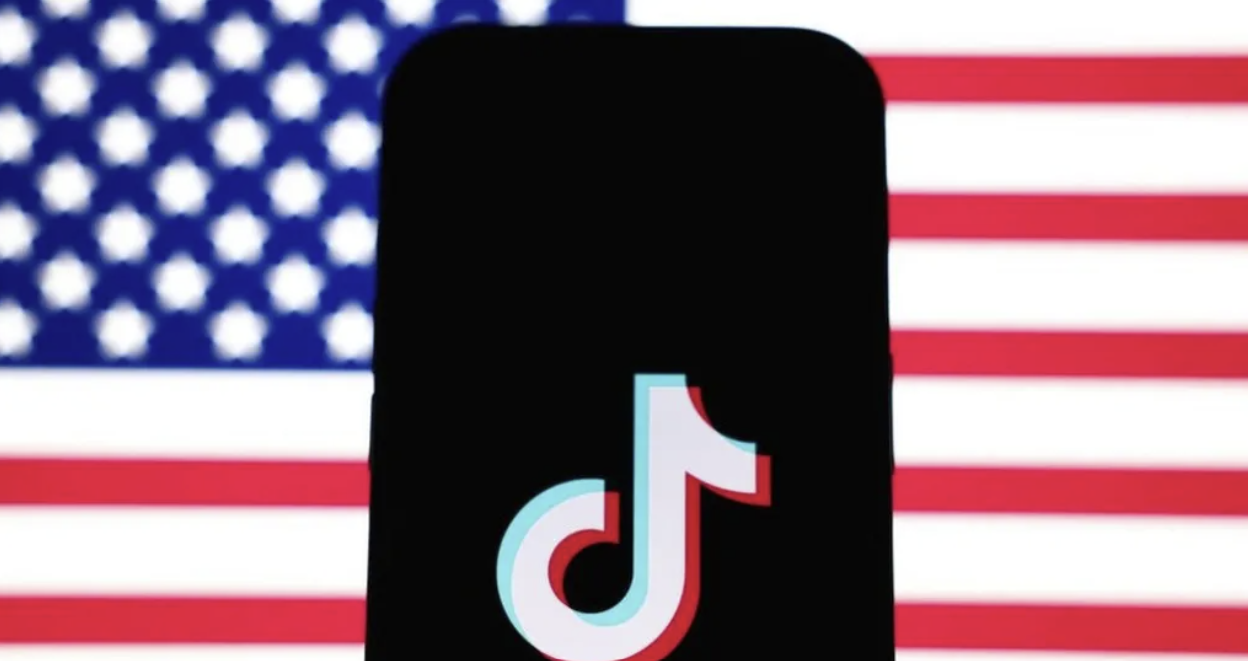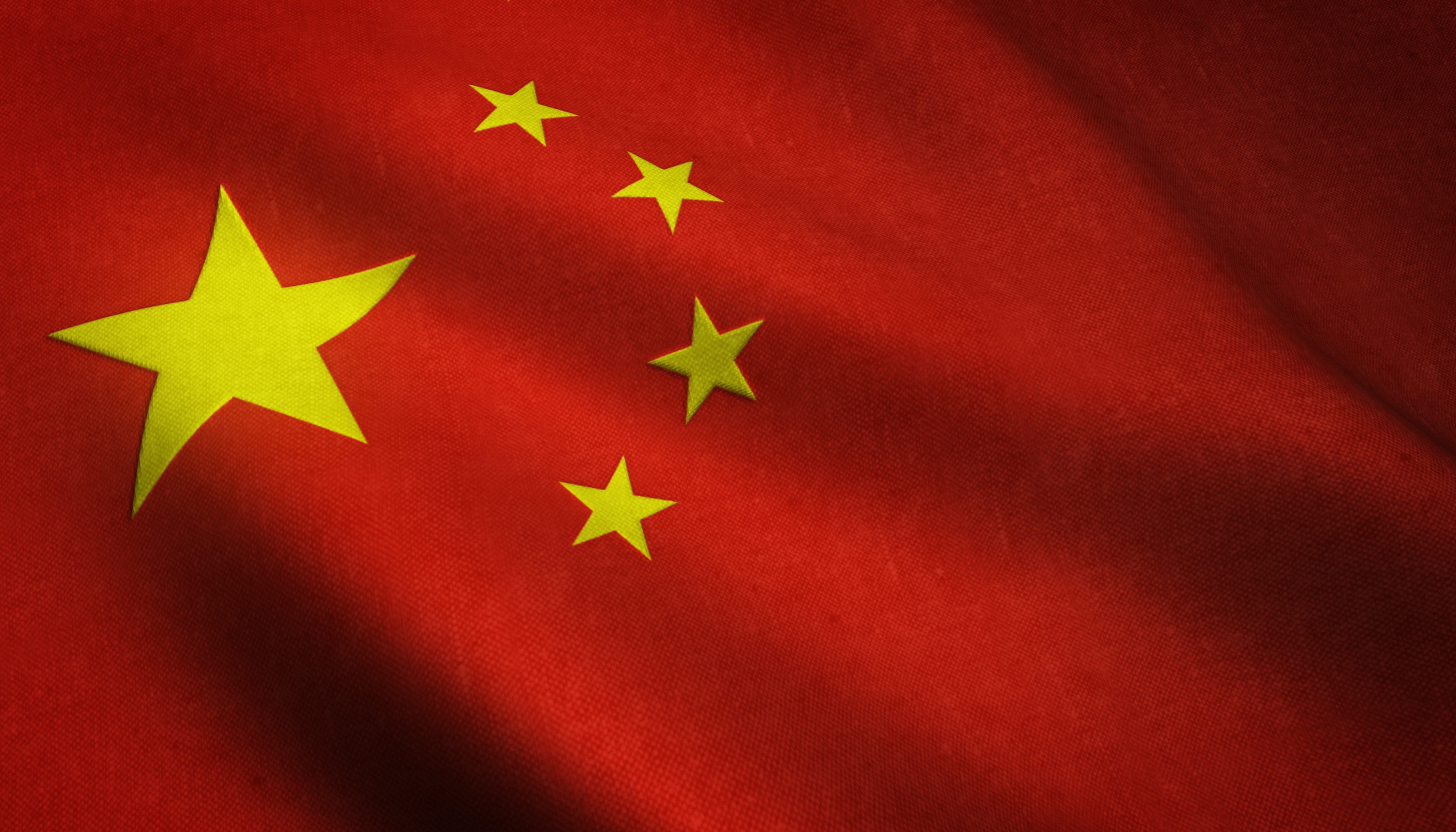Researchers in China have used AI to reveal how different species independently develop similar traits when adapting to shared environments. The study focuses on echolocation in bats and toothed whales, two distant groups that created this ability separately despite their evolutionary differences.
The Institute of Zoology, Chinese Academy of Sciences team found that high-order protein features are crucial to adaptive convergence. Convergent evolution is the independent emergence of similar traits across species, often under similar ecological pressures.
Led by Zou Zhengting, the researchers developed a framework called ACEP, which utilises a pre-trained protein language model to analyse amino acid sequences. This method reveals hidden structural and functional information in proteins, shedding light on how traits are formed at the molecular level.
The findings, published in the Proceedings of the National Academy of Sciences, reveal how AI can detect deep biological patterns behind convergent evolution. The study demonstrates how combining AI with protein analysis provides powerful tools for understanding complex evolutionary mechanisms.
Zou said the work deepens the understanding of life’s evolutionary laws and highlights the growing role of AI in biology. The team in China hopes this approach can be applied to other evolutionary questions, broadening the use of AI in decoding life’s hidden patterns.
Would you like to learn more about AI, tech, and digital diplomacy? If so, ask our Diplo chatbot!

